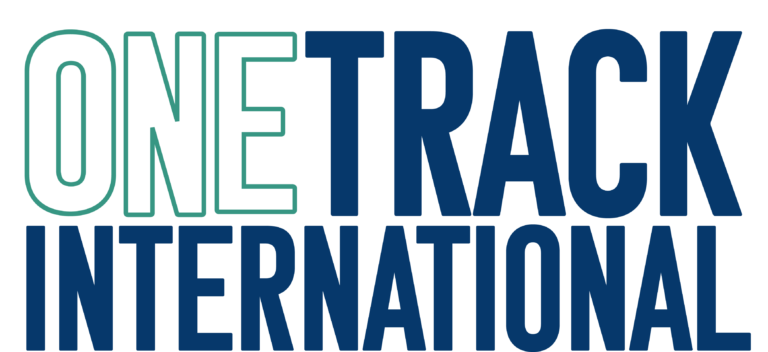What is Reunification?
Reunification is the process in which orphaned or abandoned children are reintroduced into a home of family members in their community of origin.
Institutionalized care serves an important purpose for parentless children, but, according to the international laws and standards highlighted by the Hague Adoption Convention (HCCH #33, 1993), the UN Declaration on the Protection and Welfare of Children (RES/41/85), and the Convention on the Rights of the Child (United Nations Treaty Series, vol. 1577, No. 27531), orphanage care should be reserved for children who are unable to be placed within a family environment. Through reunification programs, ONETrack International relieves overcrowded and underfunded orphanages, reunites vulnerable families, and supports communities in their building of family care infrastructure.
For children to achieve a thriving, happy childhood, access to education, healthcare, good nutrition, culture, adult guidance, psychological support, and economic stability are essential. Given this, reunification includes family-strengthening programs, such as the Transition to Home program outlined in the ONETrack International Partner Toolkit, that focuses on providing guardians and caretakers with childrearing, livelihood, community, psychological, and basic living support. For those children who have been institutionalized due to the death of parents and older siblings, reunification is focused on maintaining ties with surviving relatives and enabling those relatives to take over the care of the orphaned child with the same family-strengthening programs.
In the context of our Partner Toolkit, the term “family care” will be considered birth, extended family, foster or adoptive homes, where children have either been reunited with family of biological origin or permanently integrated into a family atmosphere with similar cultural ties. “Institutionalized care” will be considered state-run or non-family-based group homes, and large institutions such as orphanages, in which children are hosted together in a facility with trained or untrained professionals taking on the role of a twenty-four-hour caregiver.
Why is it Important to Transition Children Back into Family Care?
Under the guidance of the Universal Declaration of Human rights, Resolution 217 A (III), it is has been internationally acknowledged that large-scale institutionalized care is no longer considered an option for the healthy development of children. Overcrowding, insufficient funding, inconsistent caregiving, and limited community support is often associated with large-scale institutionalized care, making it difficult to cultivate the necessary life skills for becoming an active member of society. Children faced with inadequate care are at risk of being denied an environment that nurtures their development. It is found as orphaned adults transition out of large-scale institutionalized care depression, suicide and drug abuse occur at a higher rate. By keeping family units together and strengthening the ties of community, children are able to maintain cultural traditions, form a bond with one’s heritage, and develop safely under the guidance of a caring adult to become secure, responsible, and productive adults.
Internationally, the family unit is considered the most nurturing environment for children. To allow family units to remain together, every effort should be focused on providing support services to separated and vulnerable families. The Convention on the Rights of the Child (United Nations, Treaty Series, vol. 1577, No. 27531), UN Declaration on the Protection and Welfare of Children (RES/41/85), and UN guidelines for the Alternative Care of Children (RES/64/142) all acknowledge the wider advantages of organizations providing family-preservation support, ensuring vulnerable families have access to food, health, and education services. Transitioning children back into family care reduces short-term poverty by directly providing health and financial security for families. Furthermore, initiatives supporting the transitioning of children back into family care fight long-term poverty by creating more productive and competent future human capital among parentless children who may have otherwise received little or no education.
ONETrack International believes in and is supportive of orphanages and international adoption – as an alternative for individual cases that lack other options. We support institutions and cross-border adoption by ensuring that each child’s situation has been researched and that only those without biological family should be considered for alternative family upbringings other than Transition to Home, and furthermore, commend those who raise orphaned children that cannot be placed within their communities of birth.


